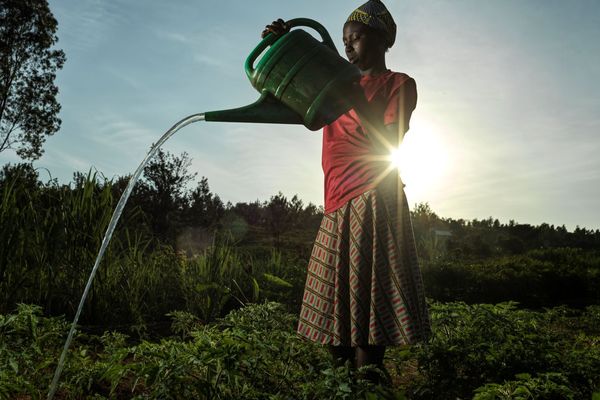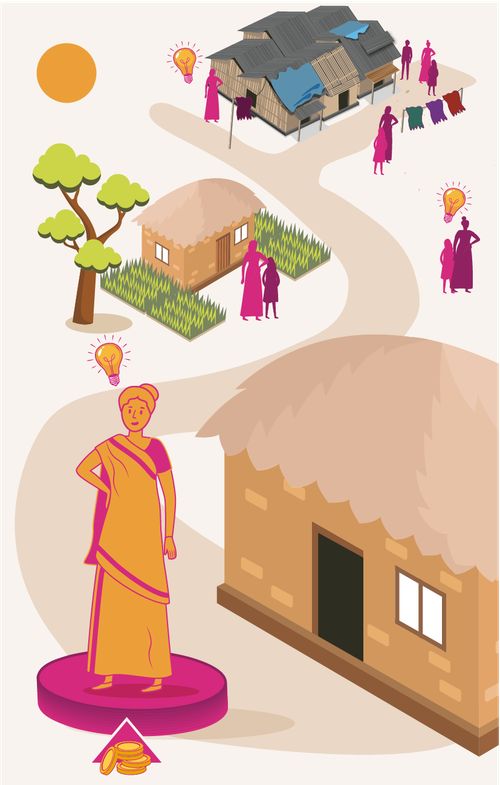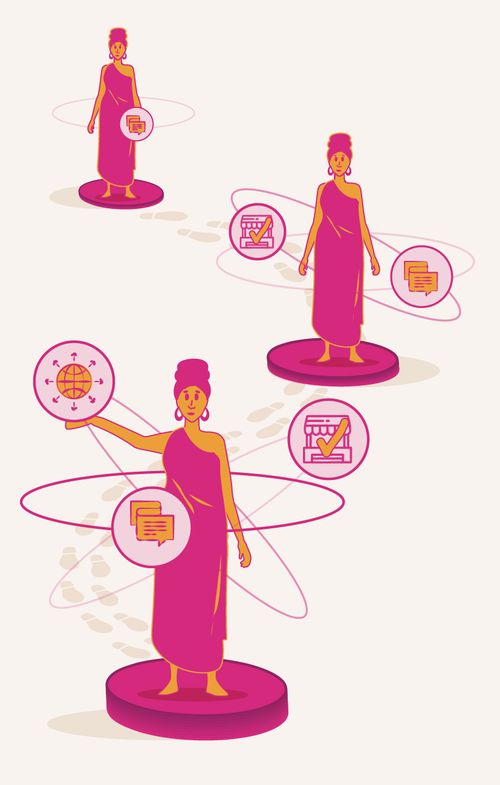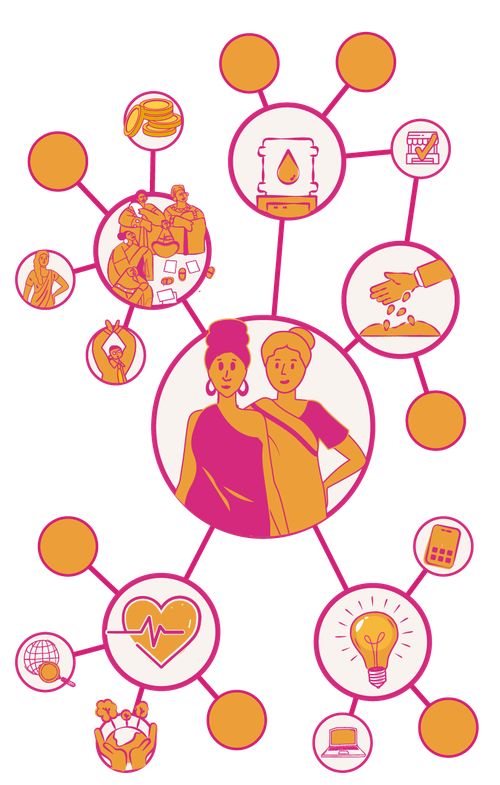For over 50 years, BRAC has focused on quietly scaling what works, fighting poverty without entering into debates on how aid and partnerships are structured. But the current moment demands more.
The architecture of international development is under severe strain. Traditional bilateral aid flows are shrinking, politics are becoming more fractious, and public approval of Official Development Assistance (ODA) is declining. All the while, the challenges we face, such as climate change, fragility, and inequality, are becoming increasingly accelerated, complex, and interconnected.
While the need for cooperation has never been greater, the old model of development assistance, which is overhead-heavy, short-term, and siloed, is losing legitimacy and effectiveness. To remain relevant and impactful, development actors must rethink not just how they deliver resources, but also why and with whom. What is needed now is not incremental reform, but a reset that puts effectiveness and what truly works at the centre.
To help with this reset, BRAC put together three recommendations for decision-makers that could help development cooperation become more effective and credible in the decade ahead.
Our Recommendations
These recommendations are not a blueprint, but a provocation: a call to donors, governments, philanthropies, and development actors to disrupt themselves before irrelevance does it for them.
BRAC stands ready to share its experience, insights and knowledge (successes and failures), to support and work alongside development actors looking to set ambitious new strategies. Our door is open, whether to think, strategise, and innovate together, or to visit our frontline operations and see these solutions in action. We stand ready to work alongside others prepared to take bold steps, so that together we can drive meaningful, sustainable, community-driven change.



